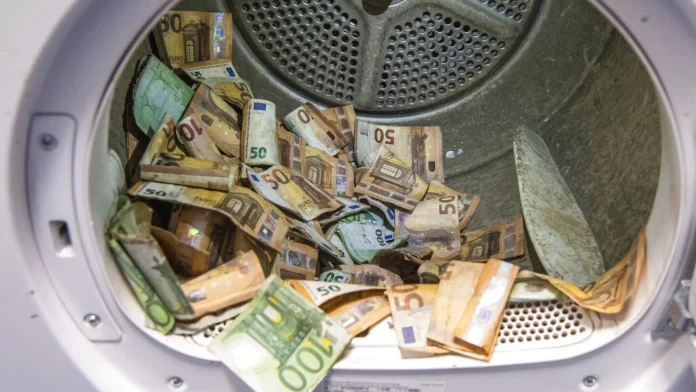The European Commission is backing a German-led group of fiscally conservative governments in their reluctance to fund spending through increased borrowing, adding conditions to hundreds of billions of euros for the EU’s poorest countries, according to Politico.
This signalled a reduction in the bloc’s funds for projects, such as new roads, hospitals and renewable energy, for countries in eastern and southern Europe, which benefited from the pandemic recovery fund without giving anything in return.
The Commission, which is responsible for managing the EU’s seven-year €1.2-trillion budget financed mainly by its members, is starting to consider the 2028 version. In the summer of 2025, the Commission will put forward a formal proposal, which must be unanimously approved by governments by the end of 2027.
The further complication this time is that since the start of the last seven-year cycle, the EU has set up its €723bn pandemic recovery emergency fund. It was the first time in the bloc’s history that the fund was based on pooled borrowing on behalf of the 27 countries, rather than government contributions.
Several countries in the bloc, mostly those most in debt, want the Recovery and Resilience Facility (RRF) to be replicated after it expires in 2026 to establish an “investment fund.” However, the commission opposed the renewal of the fund, its two senior officials stated on condition of anonymity.
Moreover, the commission plans to extend the cash-for-reforms recovery fund model to its existing “cohesion policy.” The policy aims to narrow the gap between richer and poorer regions and accounts for about a quarter of the entire budget.
However, talks may prove difficult, Eulalia Rubio, a researcher at the Jacques Delors Institute think tank, notes.
Some countries will try to weaken reform conditionality … it’s probably going to be one of the difficult points in the negotiations.
The EU executive has shied away from the idea of a fund to finance defence and environmental spending in the coming years because of opposition from fiscally conservative countries including Germany and the Netherlands. But the more highly indebted capitals fear that postponing the RRF would lead to huge deficit spending on long-term projects.
The most sensitive policy decisions will ultimately depend on the outcome of the European elections in June and the composition of the new executive. The Commission believes that the cohesion fund could be used as a tool to force governments to implement reforms on a range of issues, including pensions and democratic standards, which have been put on the back burner for years.
There is considerable overlap between the projects financed by the RRF and the cohesion fund. Both money banks channel most of the money to poorer countries, such as Portugal in the west or Bulgaria in the east.
However, the EU’s commissioner for cohesion, Elisa Ferreira, claimed that there were differences between the two.
“[Cohesion funding] has to be a long term development kind of approach; it has to involve local and regional partners. All these elements are not necessarily found in emergency instruments [like the RRF].”
Commission officials recognise that they will find it difficult to sell the new cohesion model to poorer member states. One government official argued that countries currently struggling to utilise cohesion funding were unlikely to welcome stricter rules and a closer link to reforms.
Member states complained that bureaucracy prevented them from getting their share of the RRF money in its current form, Margarida Marques, a Portuguese socialist MEP, informed.
When I ask actors, when I ask municipalities, they say it’s more difficult [to get money under the RRF than under the EU budget].
However, Rubio from the Jacques Delors Institute notes that poorer countries may ultimately have little leverage to challenge the new rules.
“If [member countries] fear losing money, they may be confronted with a situation where they don’t have a lot of capacity to ask for the same money without strings attached.”
The need to find new cash to boost economic growth in countries awaiting accession, such as Ukraine and the Western Balkans, and to repay post-pandemic debt could undermine calls for budget increases.
